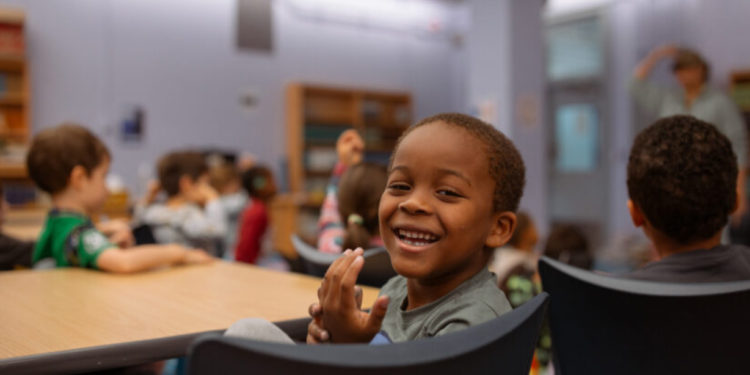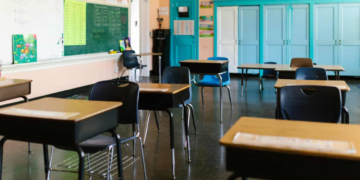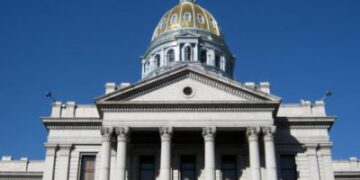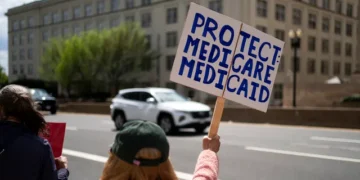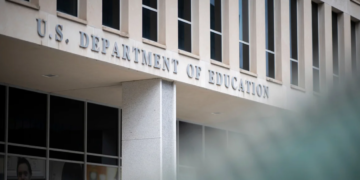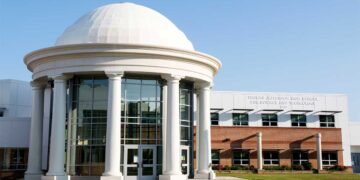Dec 10, 2024 Story by: Editor
Veronica and Odyssey, two first graders at P.S. 125 in Harlem, were eager to learn about their ancestors through a classroom activity. Without knowing their grandparents, they explored questions like, “Where were you born? What was it like?” These inquiries are part of a broader initiative: New York City’s first K-12 Black studies curriculum, now implemented across public schools after a pilot program at 120 institutions.
Unlike traditional approaches that limit Black history to one month or an elective course, this year-round curriculum celebrates the global contributions of Black people, aiming to integrate their stories into everyday learning. “Black history is American history,” emphasized former Schools Chancellor David Banks earlier this year.
The curriculum, developed by six organizations including Columbia University’s Black Educator Research Center (BERC), offers public resources and lesson plans to affirm Black students’ identities. “Our hope is to help children better understand and celebrate the contributions of individuals who came before,” said Sonya Douglass, founding director of BERC.
The lessons also foster a deeper connection to history. For example, P.S. 125 students read Jacqueline Woodson’s Show Way, learning how Black families preserved their heritage through quilt-making. Teacher Sera Mugeta observed that the activity encouraged students to think about their ancestors’ lives, adding, “It feels good to bring in aspects of African American history often overlooked in textbooks.”
Teachers have reported increased engagement. In Brooklyn, a teacher noted that incorporating Black Studies lessons improved attendance and sparked curiosity among students. Similarly, a Queens teacher shared how Haitian students displayed pride during a classroom activity, with some parents volunteering to share their cultural experiences.
Beyond New York, the initiative has drawn national attention. California’s Long Beach School District is exploring similar programs, and Columbia University has received funding to develop a Latino curriculum. Locally, $750,000 has been allocated to train educators in delivering these lessons effectively.
For P.S. 125, integrating Black studies has been transformative. “We’re rebuilding trust with the community,” Principal Yael Leopold explained. “It’s about allowing our children to find joy in their learning and themselves.”
The comprehensive approach, from African drumming lessons to reflecting on personal biases, is shaping a more inclusive education system. “This work honors Harlem’s legacy and its people,” said Leopold. “It’s a step toward social change, led by our youngest advocates.” Source: Yahoo News


